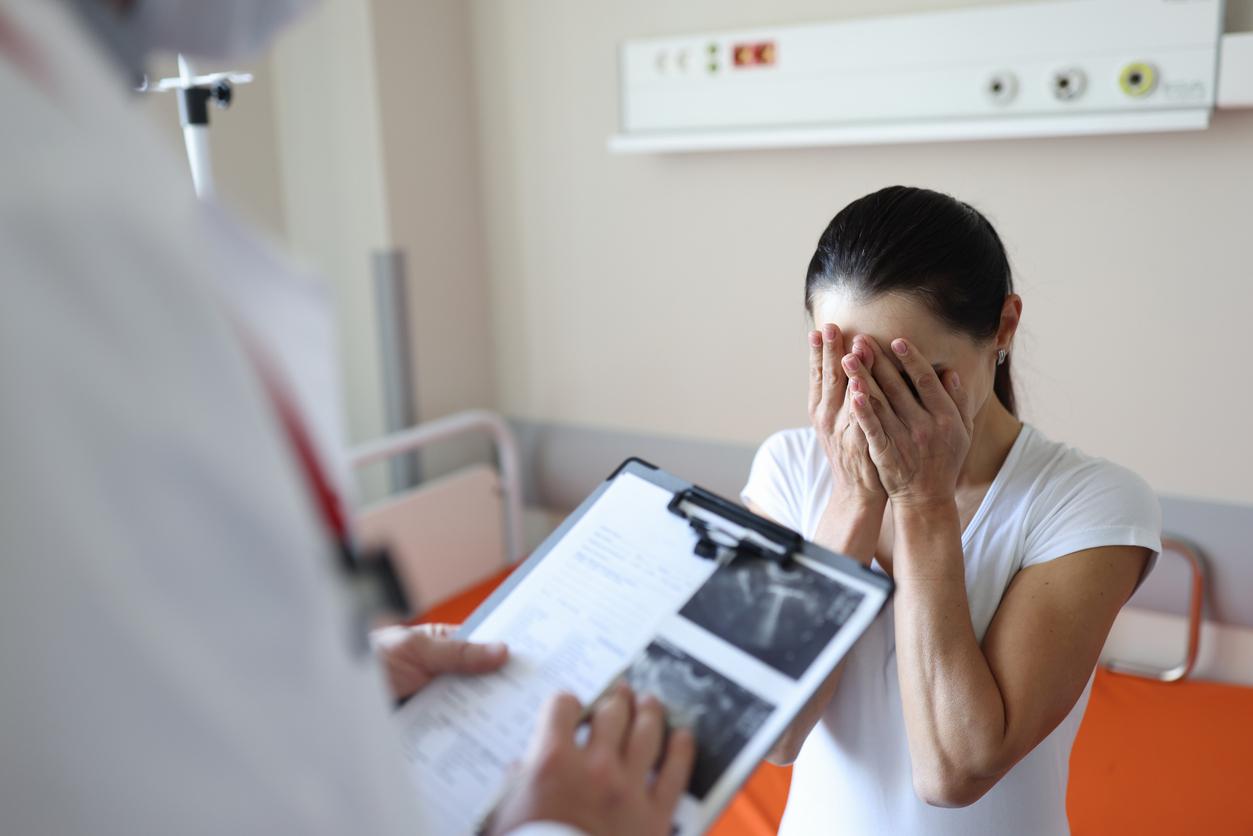Researchers have reviewed all the existing scientific literature on the effects of aspirin and have drawn up its benefit-risk balance. Here are their findings.

- Taking aspirin leads to a lower risk in a healthy person of having cardiovascular disorders
- However, it increases the risk of suffering from gastrointestinal bleeding and having intracranial bleeding.
- Aspirin is among the most used drugs in self-medication in France
What are the benefits and risks of taking low dose aspirin? Aspirin is the drug whose world production is the largest with 2,540 tablets produced per second, according to the specialized site Planetoscope. 40,000 tonnes of aspirin, or 80 billion tablets, are therefore marketed each year worldwide.
Its ability to thin the blood was demonstrated in 1967 and the first study demonstrating its effectiveness against cardiovascular diseases dates from 1978. Acetylsalicylic acid (ASA), better known as aspirin, is therefore part of our pharmacy for many decades. Only here, if it treats certain ailments, aspirin has the effect of triggering others.
Benefits come with serious risks
In any case, this is what researchers from the universities of Anglia Ruskin (Great Britain) and Palermo (Italy) claim in the British Journal of Clinical Pharmacology. After studying the data from 67 independent meta-analyses and 156 results obtained on the effects of aspirin, they were able to draw up a list of the benefits and risks associated with taking aspirin.
If indeed, healthy people taking aspirin to prevent possible cardiovascular disorders are 17% less likely to have a stroke or heart attack, they are at greater risk (+47%) to suffer from gastrointestinal bleeding and to have intracranial bleeding (+34%).
“Our article confirms that there is no reason to take aspirin in primary prevention, that is to say by healthy people, conclude the researchers. The take-home message is that low-dose aspirin is (only) good when you already have cardiovascular disease..” The latter insist on the importance of not considering these bleedings as “secondary” but on the contrary, of taking them seriously.
These risks and benefits should be the subject of formal professional decision analyzes to guide the use of aspirin for disease prevention. In addition, researchers recommend not taking aspirin without medical advice.
The sale of aspirin under the control of pharmacists
Since January 15, 2020, like ibuprofen and paracetamol, aspirin is no longer sold freely in pharmacies, but placed behind the counter to “promote the proper use of non-prescription drugs by strengthening the pharmacist’s advisory role”according toNational Agency for the Safety of Medicines and Health Products (ANSM). Indeed, paracetamol (Dafalgan, Doliprane, etc…) and certain non-steroidal anti-inflammatory drugs such as ibuprofen and aspirin are “the most commonly used drugs in self-medication.”
.

















